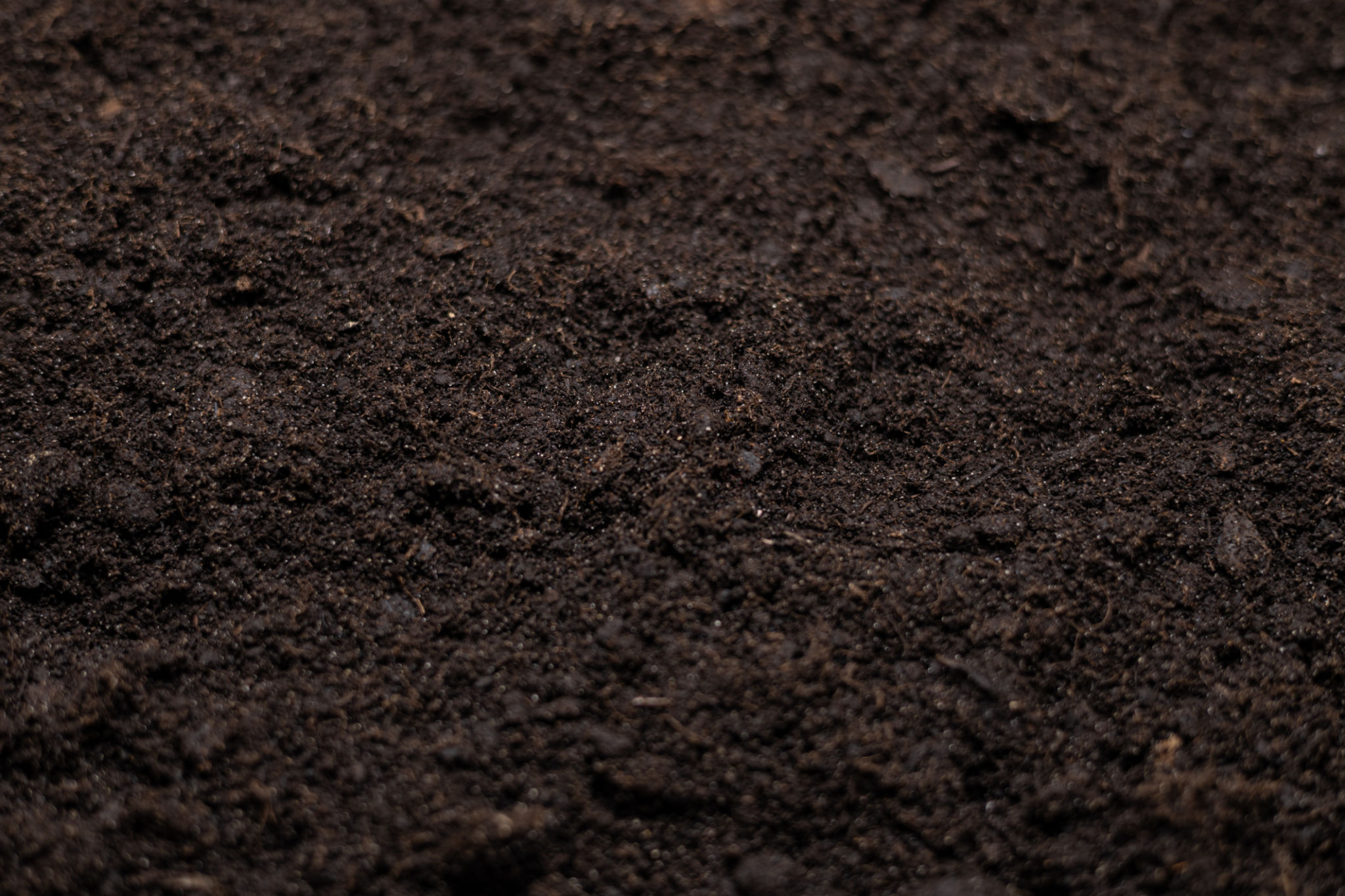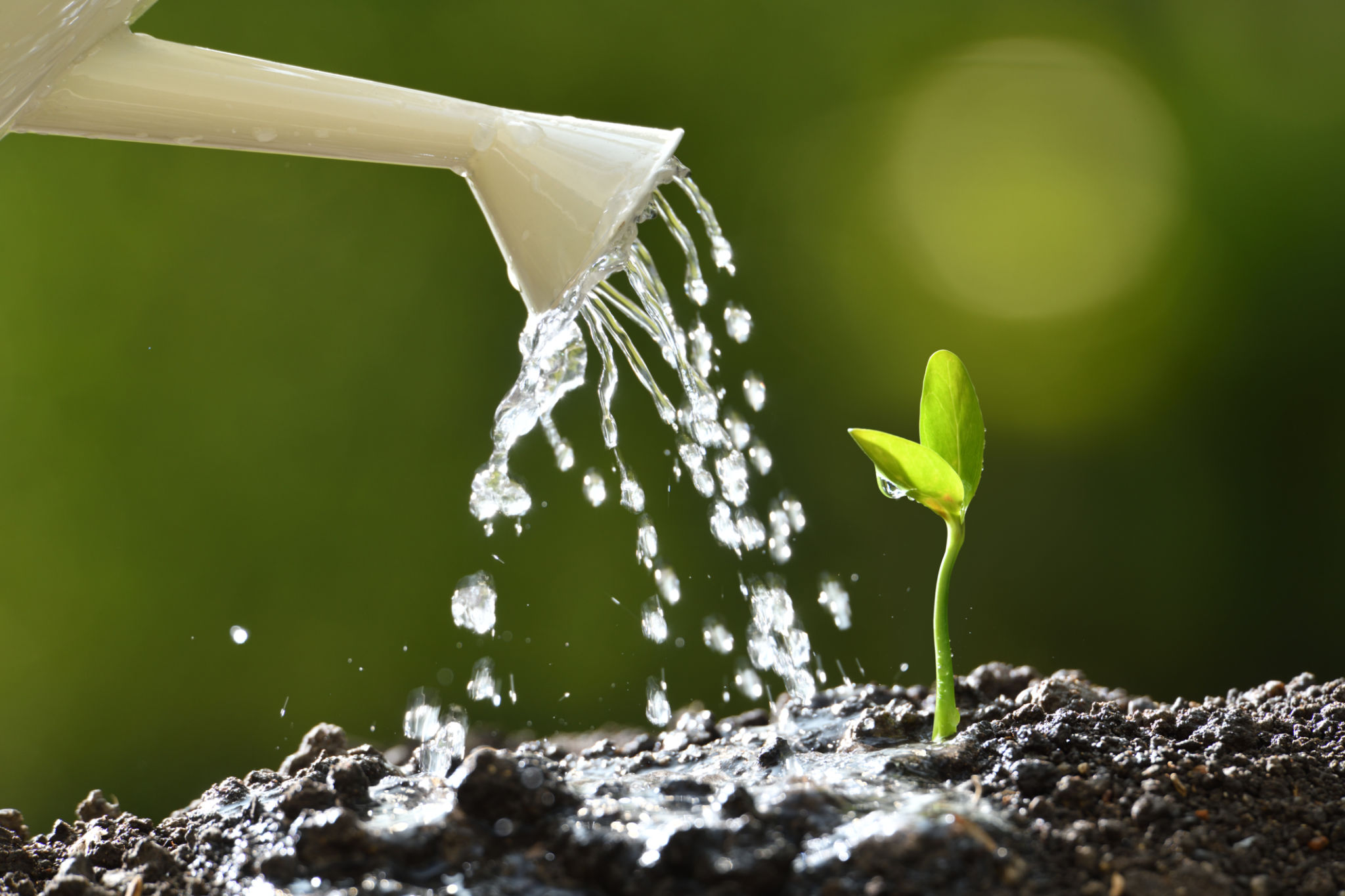How to Start Your Own Organic Farm at Home in Indonesia
Understanding Organic Farming
As the world becomes more environmentally conscious, many people are turning to organic farming as a sustainable way to produce food. Starting an organic farm at home in Indonesia can be a rewarding endeavor, providing fresh produce for personal consumption or even a small business. Organic farming eliminates the use of synthetic fertilizers and pesticides, focusing instead on natural processes to maintain soil fertility and pest control.
To begin, it is essential to understand the basic principles of organic farming. This includes crop rotation, companion planting, and using natural compost to enrich the soil. These methods help maintain soil health and reduce the need for chemical inputs.

Choosing the Right Location and Crops
The first practical step in starting your own organic farm is selecting a suitable location. Whether you have a large backyard or a small balcony, you can tailor your farming practices to fit the space available. Ensure that your chosen area receives adequate sunlight, as most crops require at least six hours of sunlight daily.
Next, consider which crops you would like to grow. In Indonesia, the climate is ideal for a variety of crops such as chili peppers, tomatoes, spinach, and papayas. Start with easy-to-grow crops that suit the climatic conditions of your region. This will increase your chances of success and build confidence as you learn more about organic farming.

Preparing the Soil
The health of your soil is crucial for successful organic farming. Begin by testing the soil to understand its current condition. You can do this with a home testing kit or by sending soil samples to a local agricultural extension service. Once you understand the soil's pH level and nutrient content, you can amend it with organic matter like compost or manure to improve fertility.
Creating a compost pile at home is an excellent way to recycle kitchen scraps and garden waste into nutrient-rich soil amendments. Regularly turning the compost ensures proper aeration and speeds up the decomposition process.

Implementing Organic Pest Control
One of the challenges in organic farming is managing pests without synthetic pesticides. Embrace natural pest control methods such as using beneficial insects like ladybugs and lacewings, which feed on common garden pests. Additionally, planting pest-repelling herbs such as basil and marigold alongside your crops can help deter unwanted insects.
Another effective method is crop rotation, which involves changing the types of crops grown in each area from season to season. This practice disrupts pest life cycles and reduces the chance of infestation.
Watering and Maintenance
Consistent watering is vital for healthy plants, but it's essential to water wisely. Try to water in the early morning or late afternoon to minimize evaporation. Drip irrigation systems can be an efficient way to deliver water directly to plant roots while conserving water overall.
Regularly check your plants for signs of disease or nutrient deficiency, and address any issues promptly. Maintaining a clean farm environment by removing dead plants and weeds will also help prevent disease spread.

Starting Small and Scaling Up
If you're new to organic farming, it's wise to start small with a few crops that are easy to manage. This approach allows you to learn gradually and make adjustments as needed. As you gain experience and confidence, you can expand your farm by adding more crops or increasing production areas.
Consider joining local organic farming groups or online communities to share experiences and gain insights from other farmers. Networking with like-minded individuals can provide support and inspiration as you develop your home farm.
Conclusion
Starting an organic farm at home in Indonesia is not only a fulfilling hobby but also a step towards healthier living and environmental sustainability. By understanding the principles of organic farming and applying practical techniques, you can successfully grow your own fresh produce while contributing positively to the ecosystem.
Remember that patience and persistence are key. With time and effort, you'll enjoy the fruits of your labor—literally—and perhaps inspire others in your community to embark on their own organic farming journeys.
